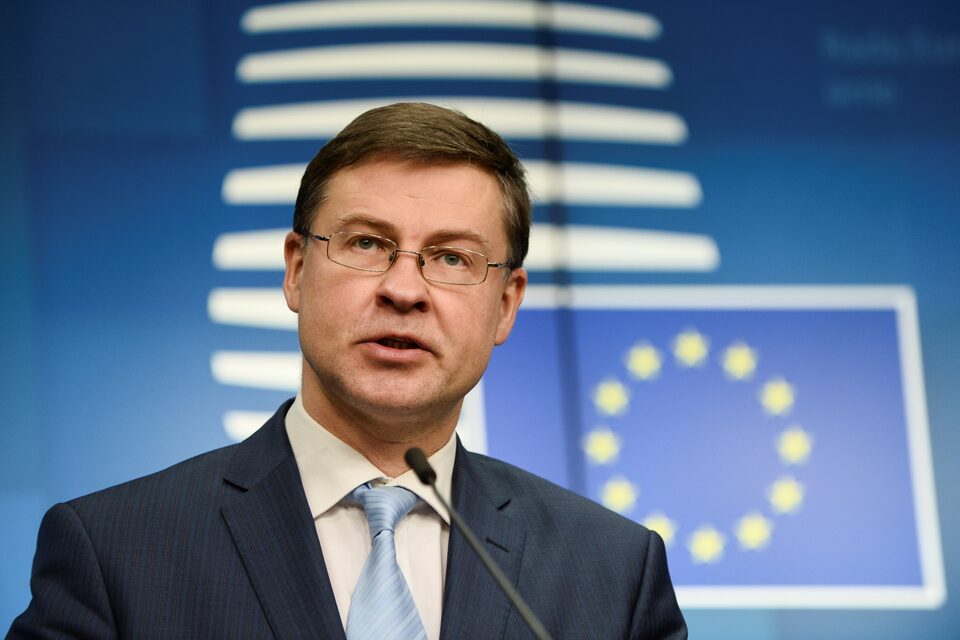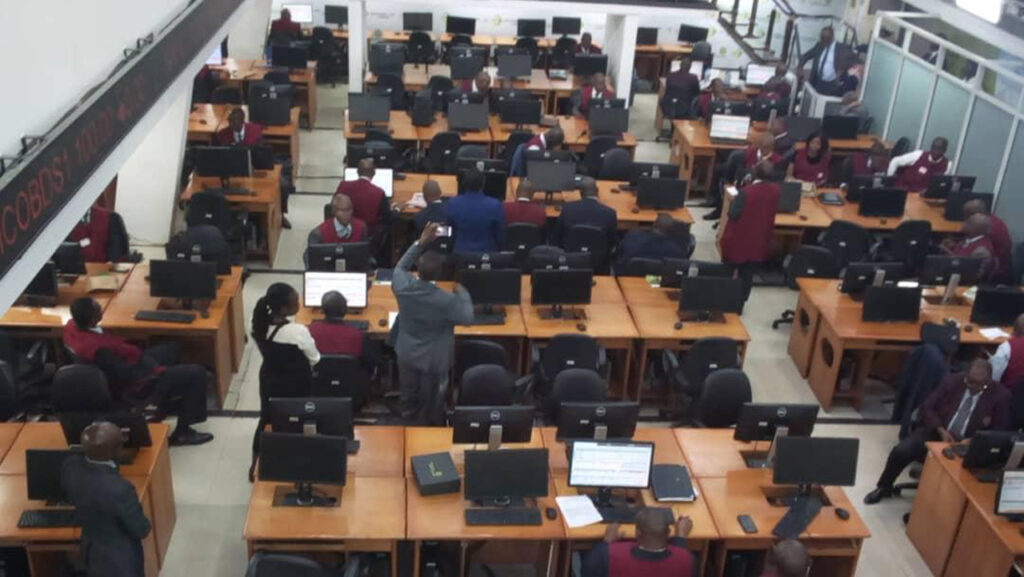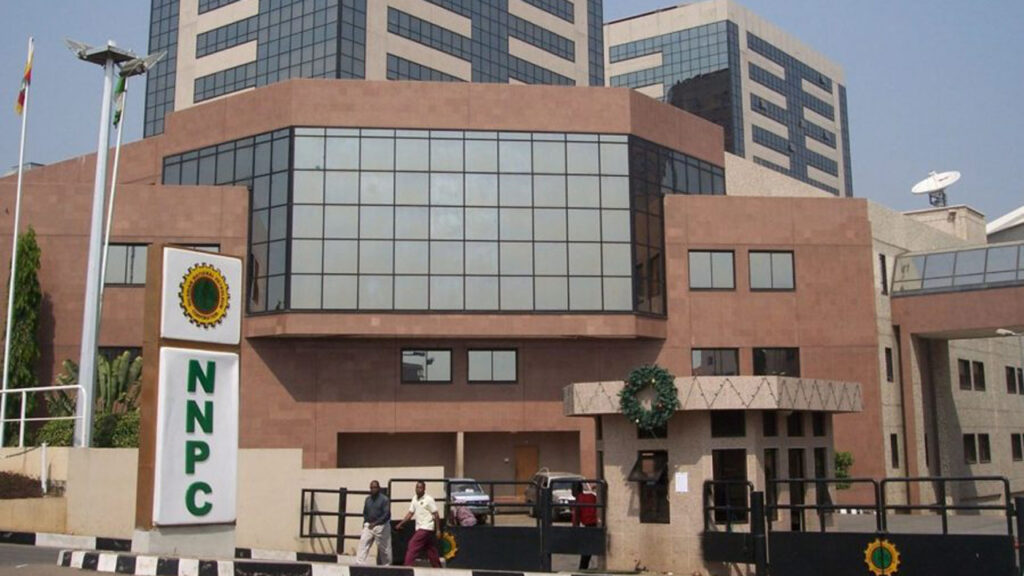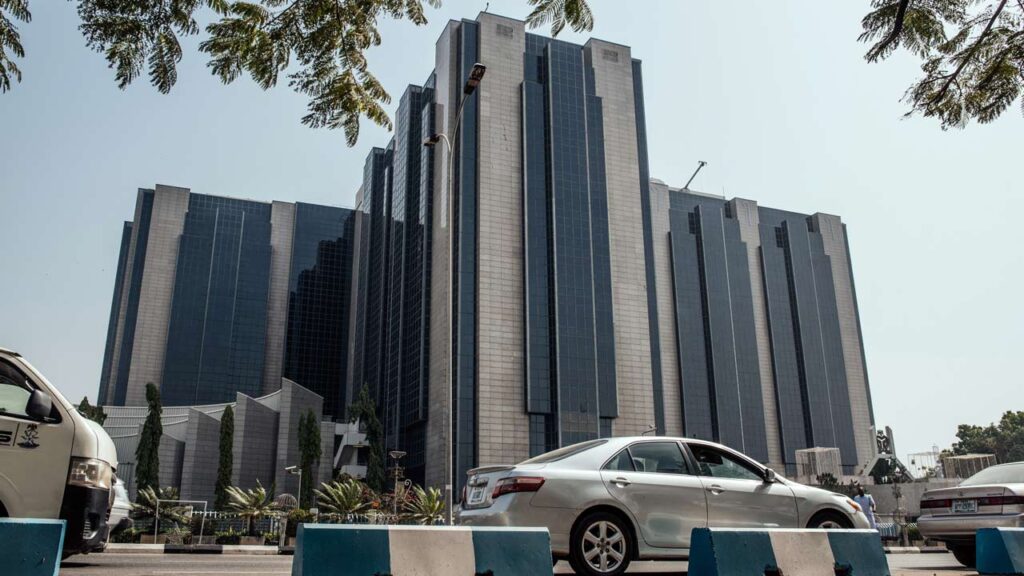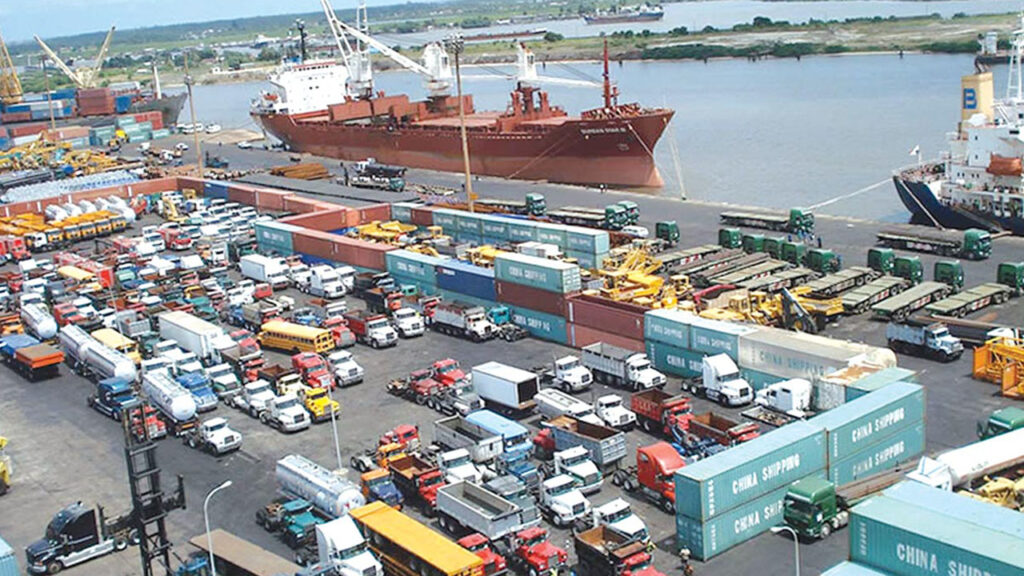
The World Economic Forum (WEF) has said the challenges of climate change, cyber-security and space are emerging risks to global economic recovery.
WEF said this in its global risks report released yesterday. The report is usually released ahead of the yearly elite winter gathering of chief executive officers and world leaders, which is postponed for a second year in a row because of COVID-19 pandemic concerns.
Climate change has been picked as the number one danger by respondents in the WEF’s risks report, while erosion of social cohesion, livelihood crises and mental health deterioration were also identified as risks, which had increased the most since the start of the COVID-19 pandemic.
The Managing Director, WEF, Saadia Zahidi, said: “Global leaders must come together and adopt a coordinated multi-stakeholder approach to tackle unrelenting global challenges and build resilience ahead of the next crisis.”
Extreme weather conditions were considered the world’s biggest risk in the short term and a failure of climate action in the medium and long term – two to 10 years, the survey showed.
Recent agreement at the United Nations COP26 climate conference last year was widely applauded for keeping alive prospects of capping global warming at 1.5 degrees Celsius but many of the nearly 200 nations had wanted to leave the conference held in Glasgow with more hopes.
The group chief risk officer at Zurich Insurance, which helped to compile the report, Peter Giger, said: “Failure to act on climate change could shrink global GDP by one-sixth and the commitments took at COP26 are still not enough to achieve the 1.5 (degrees Celsius) goal.”
The WEF’s report also highlights other areas of emerging risks, including a disorderly climate transition, migration pressures and competition in space. It expressed concerns that the prospect of 70,000 satellites launching in coming decades, in addition to space tourism, raises risks of collisions and increasing debris in space, amid a lack of regulation.
The report was produced together with Zurich, Marsh McLennan and South Korea’s SK Group, the universities of Oxford and Pennsylvania and the National University of Singapore.


